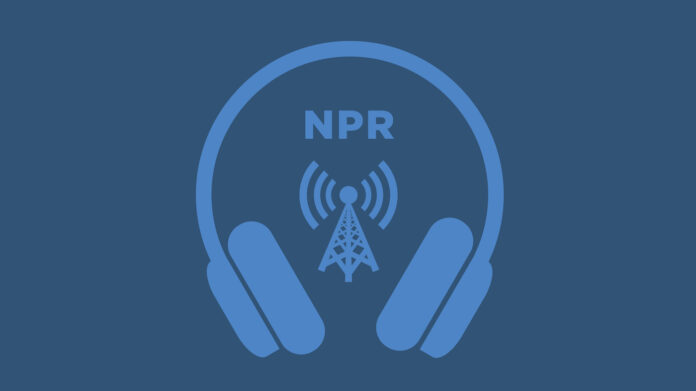For more than a decade, North Carolina has experienced a contentious debate over voter identification rules. The requirement faced its first significant challenge in the recent presidential election.
AILSA CHANG, HOST:
For over ten years, North Carolina has been embroiled in a partisan dispute regarding voter ID regulations. The mandate was put to the test in the recent presidential election. While only a small number of ballots were rejected, critics point out that Black voters were disproportionately affected. Steve Harrison from member station WFAE in Charlotte provides this report.
STEVE HARRISON, BYLINE: Kelle Pressley of Charlotte has voted 29 times since 2008, including primaries and local elections. However, during last month’s election, she arrived at the polling place without her ID.
KELLE PRESSLEY: I thought I had it with me, but it turns out I didn’t. I still haven’t found it.
HARRISON: Pressley encountered confusion at her precinct about her options. After contacting a voter protection hotline, she filled out a photo ID exception form, indicating that she had lost her license. Her ballot was ultimately counted.
PRESSLEY: Some people might have given up and not voted if they were in my situation. I decided to take the less conventional route and persevere.
HARRISON: Pressley was one of nearly 6,900 North Carolinians who voted without photo ID. Most were able to cast provisional ballots, with only 1,670 individuals having their ballots rejected out of 5.7 million voters. However, attorney Kathleen Roblez from Forward Justice, which has a pending lawsuit over voter ID, believes this number is still too high, particularly considering the rarity of in-person voter fraud. She suspects that more people may have been affected this election cycle.
KATHLEEN ROBLEZ: The true impact of the voter ID requirement remains unclear, as some individuals may have been discouraged from voting due to the ID regulations.
HARRISON: The battle over voter ID in North Carolina dates back to a decade ago. Following the enactment of photo ID by North Carolina Republicans in 2013, an appeals court in 2016 ruled that Black voters were unjustly targeted. The current law allows for multiple forms of ID and permits provisional ballots if a reason for lack of identification is provided. In the recent election, Black voters accounted for 30% of rejected ballots despite comprising around 20% of the electorate. Roblez highlights this discrepancy.
ROBLEZ: Black North Carolinians are statistically less likely to possess approved forms of ID and face challenges in obtaining alternative identification.
HARRISON: Although there was a disparity, the actual number of rejected ballots from Black voters was relatively low at 502. Andy Jackson from the conservative John Locke Foundation acknowledges that differences among racial groups and political parties are inevitable in any requirement.
ANDY JACKSON: Some level of variation among groups is to be expected, and exact parity is unrealistic.
HARRISON: Some GOP lawmakers criticize the use of the photo ID exception form, deeming the law ineffective. Closing this loophole has been proposed by some Republicans, but Jackson suggests that most prefer to move forward after a decade of legal battles.
JACKSON: There may be hesitance to pursue further strict measures given the potential for additional legal challenges.
HARRISON: Voter ID did not significantly impact the outcome of this year’s presidential election, which Donald Trump won with a substantial margin. However, in closer races such as a state Supreme Court contest decided by a narrow margin, voter ID could play a more consequential role. Reporting for NPR News, I’m Steve Harrison in Charlotte.
(SOUNDBITE OF HERMANOS GUTIERREZ’S “LOW SUN”)
Copyright © 2024 NPR. All rights reserved. Visit our website terms of use and permissions pages at www.npr.org for more information.
NPR transcripts are produced urgently by a contracted NPR service. The content may be subject to modifications and updates. Accuracy and availability may vary. The authoritative record of NPR’s programming is the audio content.




